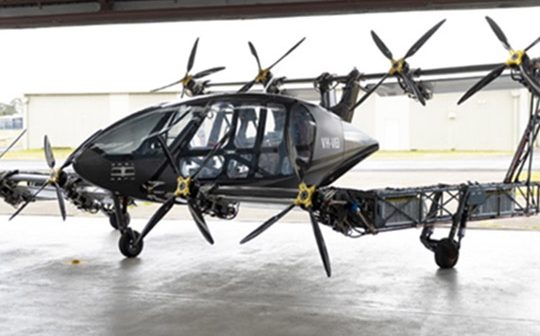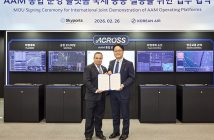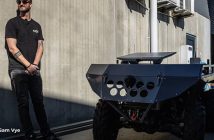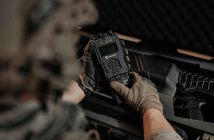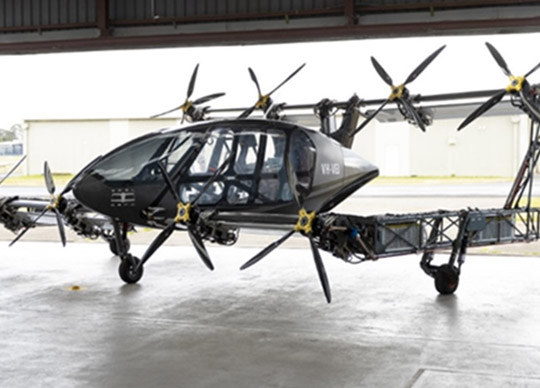
AMSL Aero says it welcomes the Australian Government’s move to back the development of its zero-emission aircraft Vertiia to fight bushfires autonomously in an effective, efficient way that keeps firefighters safer and enables nighttime firefighting.
AMSL Aero will use the A$3 million in funding from the Cooperative Research Centres’ Projects program to develop a remotely piloted version of Vertiia, the world’s most efficient long-range zero emissions electric Vertical Take Off and Landing (VTOL) aircraft, that is capable of effectively spraying preventative fire retardant and dropping hundreds of litres of water.
AMSL Aero will work with its partners to develop a method of operating autonomous remotely piloted VTOLs for aerial firefighting, modify a prototype Vertiia for use as zero emissions low-cost firefighting aircraft, meet regulatory requirements, and test the aircraft in regional Australia.
Its partners on the project are The University of Sydney, leading robotics company Mission Systems and Australian firefighting aviation operator Pay’s Air Service, which conducts firefighting operations in Australia and Europe every year, including in Greece, where it recently fought fires for NATO.
AMSL Aero CEO Max York said: “With bushfires and their devastating consequences upon human life, wildlife and property frequently occurring in Australia, we at AMSL Aero are honoured to have been selected for this grant by the CRC and the Federal Minister for Industry and Science Ed Husic. We will develop a version of Vertiia that enables Rural Fire Service crews to prevent and put out fires remotely, using swarms of autonomous aircraft, like a hi-tech flying bucket-brigade that can operate day and night, radically improving crew safety and significantly reducing crew fatigue. Vertia’s compelling unit economics also mean we can operate more aircraft in more places, and because Vertiia is long range and zero emissions, it gives us the ability to stay on task longer and means we are not contributing to the climate change problems that are leading to more fires.”
AMSL Aero Co-Founder & Chief Engineer Andrew Moore said: “Climate change is increasing global demand for aerial firefighting, and sadly this is no truer than in Vertiia’s home country of Australia. Although aerial firefighting is effective, high human costs and the current limit of daylight operating are significant drawbacks. Congested airspace, reduced visibility around fires, and the use of older aircraft create hazardous operating conditions. We will work diligently with our partners to improve safety while at the same time increase the availability, scalability, and effectiveness of aerial firefighting.”
Mr Moore added: “Australia’s Rural Fire Services employ many great aviation companies to fight fires from the sky and we are honoured to begin this important work with one of the leading providers in Pay’s Air Service, supported by Mission Systems and The University of Sydney.”
Ross Pay, Managing Director of Pays Air Service, said: “Our company has been aerial firefighting for just over 30 years. The remotely piloted Vertiia won’t replace our pilots doing what we do mainly because of the size of the load we carry. What will be invaluable is working the aircraft together so firefighters on the ground have continued support while we are reloading, and they will be able to get in close to the fire in difficult conditions using Vertiias. The biggest advantage will be the ability to continue to fight fires at nighttime and assist the ground crews throughout out the night.”


